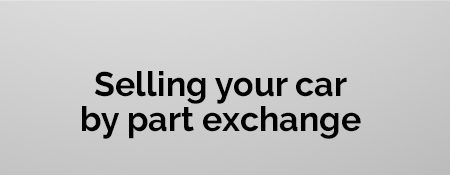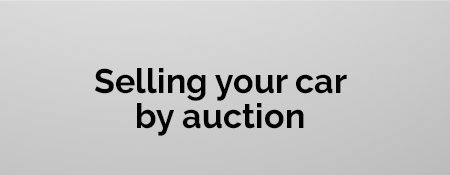Selling your car privately usually means you get a better price for your vehicle, however, this tends to cause extra time a read more
Selling your car by part exchange
The dealer will usually arrange for a settlement of any outstanding finance on your behalf, regardless of whether you are getting your new finance via the dealership.
You will need to notify the DVLA of the sale and update your insurer. For more information on this visit our guide on selling your car to a dealer.
Advantages
This process is quick and simple, as the cash amount received is reduced from your next car purchase, either new or second hand.
The value of your old car is used as a deposit against the cost of your next car.
If you have finance on your existing vehicle the dealership will usually be able to organise a repayment on your behalf.
You can often ask your insurer to amend to amend your policy in order to cover your new car. They will recalculate your premium based on the insurance group for your new car, and typically charge an amendment fee.
Disadvantages
You may not achieve as much as a private sale, as a guide part exchange deals pay out at least £500 less than a private sale.
Top tips
Before approaching the dealer for a part exchange value, check your car value through car valuation guides such as Parkers, CAP, and Glass's. It is the trade value that the dealership will offer.
Often dealerships will give less discount on a new car if they need to factor in a part exchange. This allows them to add more value to the part exchange price. It may be worth discussing the new car price first before requesting a price for your part exchange. This will give a clearer view on how much you are receiving for your current vehicle.




